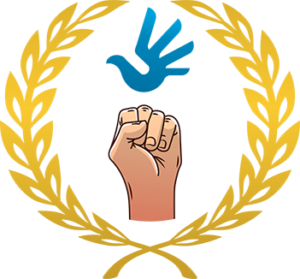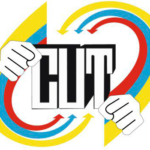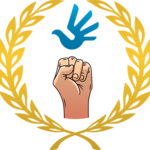Gambling addiction is a serious issue that can creep up on anyone, regardless of their background or experiences. I remember the first time I saw a friend get swept away by the thrill of betting. At first, it seemed harmless, but soon enough, it spiraled into something much darker. It’s vital to recognize the signs early on, not just for ourselves but also for those we care about.
One of the most common indicators of gambling addiction is when someone starts to prioritize gambling over essential responsibilities. You might notice a friend who used to be reliable suddenly missing work or skipping important family events. It’s not just about the money; it’s about the compulsive need to play. This desperate chase can lead to financial ruin, broken relationships, and emotional turmoil.

Recognizing the Signs of Gambling Addiction
So, how do you know if you or someone you care about is developing a gambling problem? There are several warning signs to watch out for. First off, if gambling starts affecting your daily life—like your job, relationships, or mental health—it’s a red flag. For example, I had a colleague who began to miss deadlines because he was too busy chasing losses at the poker tables.
Emotional and Financial Impacts
The emotional toll of gambling addiction is often overlooked. Many players experience anxiety, guilt, and depression when they lose control of their gambling habits. It’s a vicious cycle where the more they lose, the more they gamble in hopes of a big win. It’s essential to remember that gambling should be a form of entertainment, not an escape from life’s challenges. If you find yourself feeling anxious or upset about your gambling activities, it may be time to reevaluate your relationship with it.
Seeking Help and Resources
There’s no shame in seeking help if you feel like gambling is taking over your life. Many resources are available, including support groups like Gamblers Anonymous, which provides a community of understanding individuals. Professional counseling can also offer valuable strategies to help manage urges and rebuild financial stability. It’s crucial to talk about your feelings and experiences, as opening up can often lead to breakthroughs.
For anyone in Ontario, there are specific resources tailored to help residents struggling with gambling. You can visit visit site for more information on responsible gambling practices and support options available in your area. Remember, taking the first step towards recovery is often the hardest but also the most important.
Conclusion: Play Responsibly
Ultimately, gambling can be a fun and exciting pastime when approached with caution and responsibility. However, if you or someone you know begins to show signs of addiction, it’s essential to act quickly. The earlier you recognize the signs, the better chance you have at reversing the trend. Always be mindful of your limits, and ensure that gambling remains a source of entertainment rather than a source of distress.
Frequently Asked Questions
What are the common signs of gambling addiction?
Common signs include prioritizing gambling over responsibilities, feelings of guilt or anxiety about gambling, and experiencing financial issues due to betting.
Where can I find help for gambling addiction?
Support groups like Gamblers Anonymous and counseling services are available. In Ontario, resources can be found at visit site.
Gambling can be addictive. Please play responsibly and seek help if needed. For individuals 18 years and older only.



